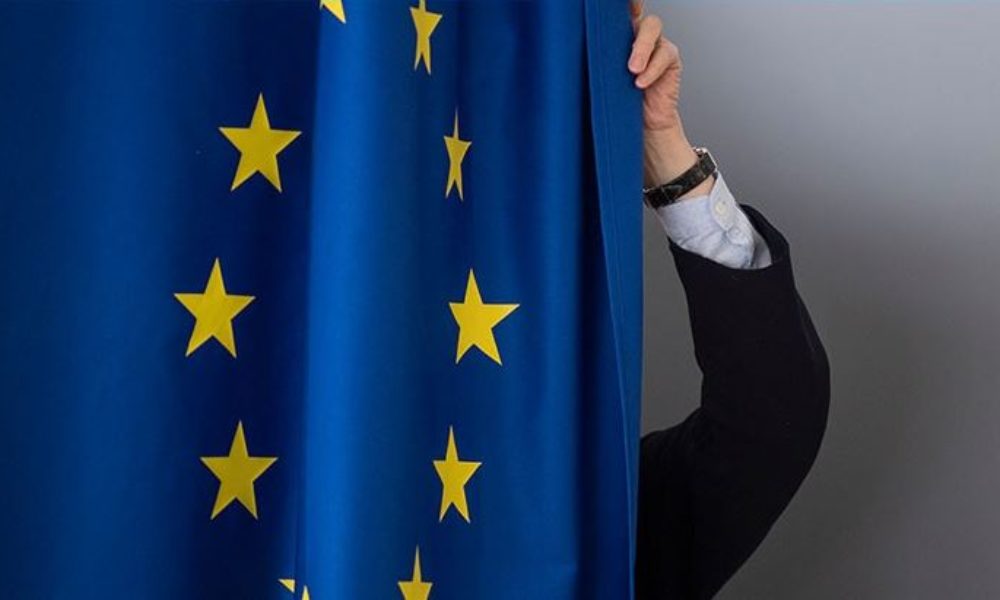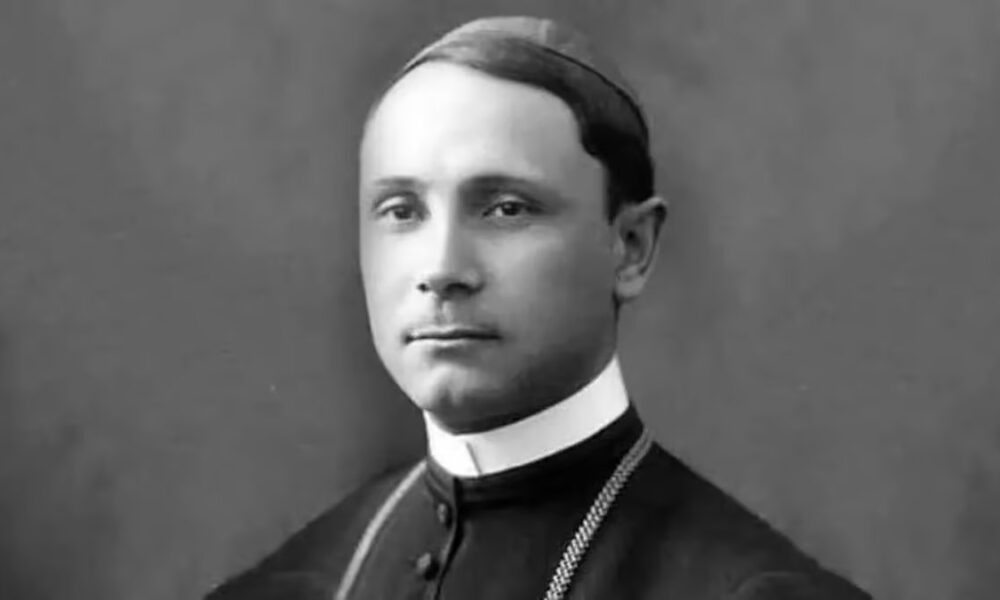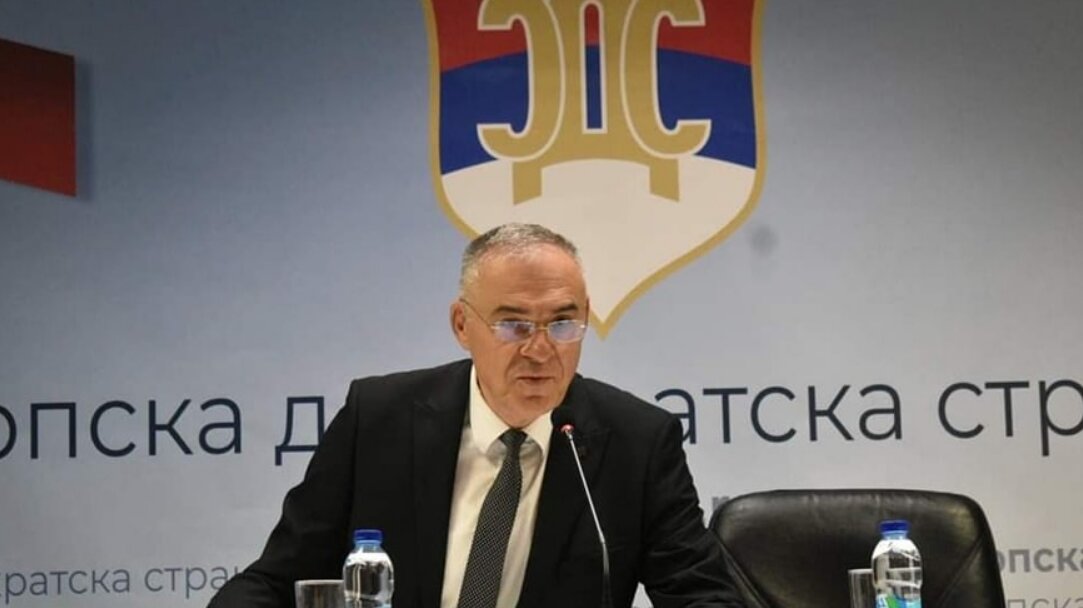Romania, the first post-electoral democracy

« In December 2024, the Constitutional Court of Romania canceled the second tour of the presidential elections and canceled the results of the first tour, accusing (total theoretical) « Russian interference ».
This led to massive protests in Romania. The first round was won by the right-wing politician Călin Georgescu, after a social media campaign, and the polls showed that Georgescu had slightly won the second round.
After refusing this very probable victory, the opposition in Romania addressed the ECHR. The ECHR rejected the case, without any hearing. Aparent, instanțele din România au avut dreptate să amâne sine die alegerile pe baza unor acuzații nedovedite, iar toți oamenii care au votat și care au vrut să voteze din nou se pot duce dracului”, Writes Kit Knightly, for OffGuardian.
« This is the ECHR, who holds the world lessons about democratic rights and norms.
And it seems that everyone accepts that. It's crazy.
Imagine what anger would be in the press if Putin or Trump suddenly postponed the choices he would lose, because « they would not be correct. »
Calin Georgescu was detained and his supporters went out, while the Government of Romania is put on the suppression of « conspiracy theories » and other « erroneous information ».
The anti-election narrative develops more and more outside Romania.
In Ukraine, of course, no elections took place. The regime has taken out certain political parties, churches and television channels outside the law. In parallel, the washing of billions of dollars, pounds and euros through the Ukrainian government, to increase the profit of weapons producers, is considered « defense of democracy ».
Last month, former European Commissioner Thierry Breton noted that they had to cancel the Romanian elections and could do the same as the German elections. However, it seems that the « good ones » won in Germany, which is why the elections were correct.
In the UK, nine local elections in the country were postponed at least a year, for unknown reasons.
It is not about controlling the result, because this can be done by frauding the elections. The choices are often fraudulent. It has no connection with the control of votes.
It's about language control. Words are taken and broken by their old and outdated definition, their meanings are sometimes reversed. The idea is induced that democracy does not necessarily mean choices and that, under certain conditions, the vote is even antidemocratic and the annulment of the elections is more « democratic ».
« Democratic » becomes a free adjective. It is like « a nice thing », something we who are on our side are truly, and all the evils in the other camp are not.
We have « democracy » and, no matter how many elections we cancel, how many political parties we ban, how many churches we get outside the law, how many journalists we arrest or how many newspapers we censure, we still have a democracy. Because now democracy means exactly what we want to mean.
Years ago I wrote a chronicle for a bad documentary about Russia. At one point, the documentary said that the organization of the elections does not necessarily involve that you live in a democracy. I wrote then that, on this logic, you can say that you can be a democracy even if you do not organize choices. Then I was joking. Now I realize I didn't have to do it”.






